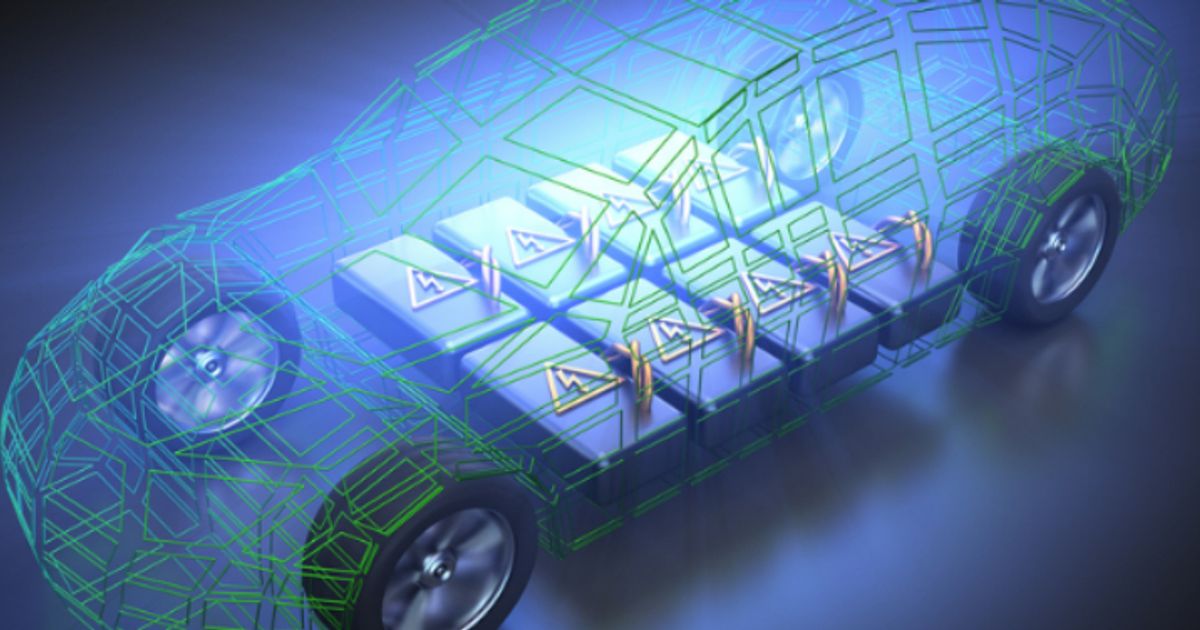Jaguar Land Rover announced on Wednesday it intends to train 29,000 employees, 10,000 of which are in the UK, to work on electric cars in the coming three years.
This Future Skills Program is to support the “rapid transition” towards electrification and digital or autonomous cars.
Barbara Bergmeier, Jaguar Land Rover industrial operations executive director, stated: “Developing the skilled global workforce needed to design, build and maintain the vehicles of the future is foundational.
“I’m proud to say we are committing to help plug the electric and digital skills gap with a comprehensive global training programme, which will power charge electrification both here in the UK and abroad.”
Earlier in the month, Volkswagen also vowed to accelerate its transition to electric vehicles (EVs).
Is this the tipping point toward EVs?
Virtually all global car producers have vowed in the last few years to invest tens of billions of pounds into accelerating the move toward electrification.
Demand for EVs is on the rise too, with annual demand last year hitting a new record.
Sales of electric cars – including plug-in hybrids – doubled in 2021 to a fresh high of 6.6mln, according to the annual Global Electric Vehicle Outlook.
Over 520,000 pure-electric cars were on UK roads at the end of July 2022, with more than 930,000 plug-in models that include hybrids, Next Green Car said.
Second-hand electric car sales, meanwhile, soared 119% to 40,228 in the UK last year, Hey Car noted.
Bergmeier confirmed that the Jaguar Land Rover is rapidly scaling up to ensure it has “the right talent to deliver the world’s most desirable modern luxury electric vehicles.”
It aims to make all Jaguar and Land Rover luxury cars available in pure electric form by the end of this decade, while there are approximately 80% of its 1,300 retailers globally offering EV servicing.
The company added that to tackle the skills gaps, it is making sure most servicing technicians will receive electrification training this year.
Volkswagen, meanwhile, aims to overtake Tesla Inc (NASDAQ:TSLA) as the world’s largest EV producer by 2025 and for half its global vehicle revenue to be battery-electric by the decade-end – supporting the hypothesis that global car giants are headed towards producing and selling more EVs than fuel-ran ones.

